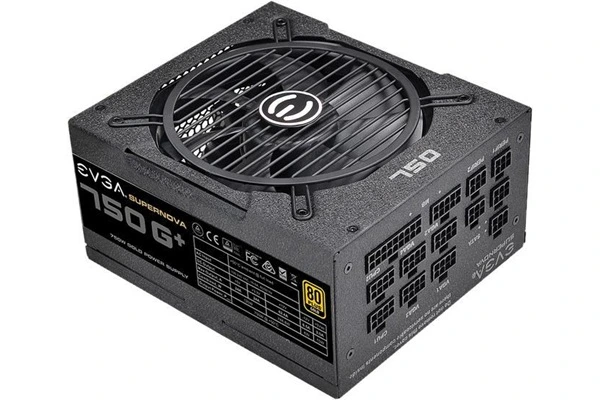
|
|
Choosing the Right Power Supply
Quality Matters!

Choosing the Right Power Supply for Your Custom PC
When building a custom PC, selecting the right power supply (PSU) is
crucial. While opinions vary, there are key factors to consider to ensure your
build runs smoothly and efficiently.
Wattage – How Much Do You Need?
To determine the right wattage, add up the power consumption of your
CPU, GPU, fans, drives, memory, AIO cooler, and RGB lighting. You can research
exact numbers or estimate.
Once you have a total, add 50–100% more to allow for future upgrades. For
example, if your components require 400W, consider a 600W or even 800W PSU.
Choosing a higher wattage helps future-proof your system.
Brand Matters
In my personal opinion, I advise clients to stick with one of the
well-known and trusted brands, such as:
✅ EVGA (These are getting harder to find)
✅ Corsair
✅ NZXT
✅ SeaSonic
Reliable brands ensure safety, durability, and better
performance. Some no-name brands may not pass safety testing - typically China.
Does It Have the Right Connectors
Most ATX power supplies include standard connectors for SATA, NVMe,
motherboard, and CPU power. However, pay close attention to GPU connectors:
• Older GPUs use PCIe 8-pin connectors.
• Some of the newer GPUs (NVIDIA 40 & 50 series) may require a 12VHPWR
connector.
Double-check compatibility with your graphics card!
Non-Modular vs. Modular Cables
• Non-modular PSUs are cheaper, but you’ll have extra cables to
manage. This can be challenging if you have a smaller case. You’ll need to
squish all the extra cables inside the case.
• Modular PSUs allow you to connect only the cables you need, making for a
cleaner, more organized build. They are more expensive but worth it for cable
management.
Understanding 80+ Efficiency Ratings
Power supplies come with 80+ ratings, such as:
🥇 Gold
🥈 Silver
🥉 Bronze
These ratings indicate efficiency but won’t make a huge difference
for a single PC in terms of electricity savings. If you run multiple PCs (like
in an office), the cumulative effect of using a higher-rated PSU can save on
energy costs over
time.
What to Avoid
No-name or cheap Chinese brands – They often have poor quality
control.
When I first started building computers for clients, I purchased a case of 12
budget, Chinese power supplies. I had 7 out of the 12 fail within a year. I had
to replace the bad ones for customers. I learned my lesson the hard way. — stick
to a trusted brand.